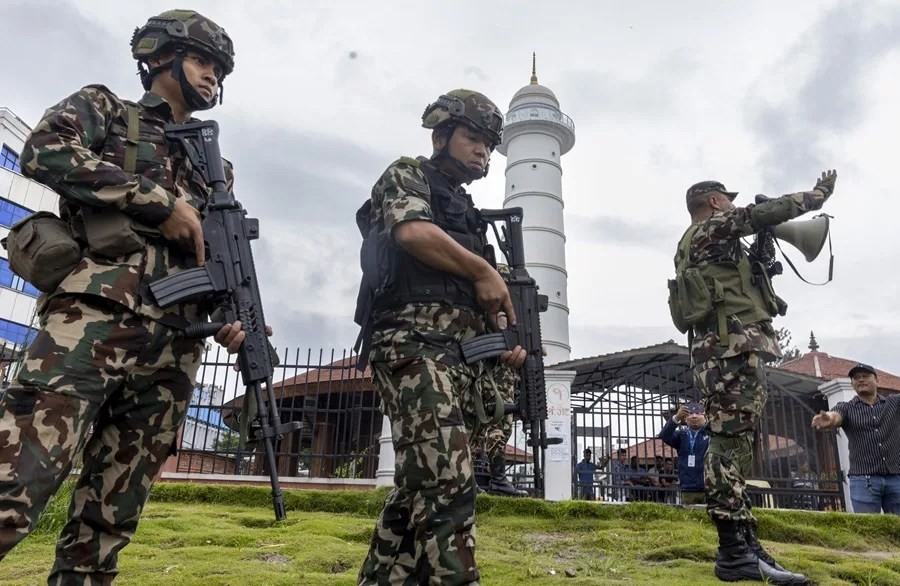Nepal’s Chaos Exposes Risks of Weak Governance and Rising Militancy
As Nepal reels from deadly protests and government collapse, the surge in prison breaks and militant youth factions signals a crisis that threatens regional stability and underscores why America must prioritize secure alliances.

Katmandu’s streets stand under heavy military control today after two days of violent unrest that toppled Nepal’s government, left at least 31 dead, and saw over 15,000 prisoners escape across the nation. This chaos is more than a distant tragedy—it is a stark reminder of what happens when fragile governments abdicate authority to unruly militias and political factions unchecked by national sovereignty.
How Did Nepal Descend into Such Disorder?
The nation’s breakdown stems from deep-seated political dysfunction fused with the rise of an aggressive youth movement known as “Generation Z,” whose internal divisions now threaten any chance for stable governance. While peaceful transition of power should be the norm, instead we see armed protests overwhelming security forces, mass prison riots, and factions rejecting even moderate leadership candidates like former Supreme Court President Sushila Karki.
For Americans watching these developments unfold thousands of miles away, it begs the question: How long can global instability remain someone else’s problem? History teaches us that failed states quickly become breeding grounds for transnational threats affecting trade routes, regional alliances, and even our own border security.
Why America Must Focus on Strong Sovereign Partners
Nepal’s turmoil spotlights the urgent need for America to strengthen partnerships that uphold national sovereignty and promote rule-of-law governance. Allowing such upheaval to fester unchecked not only imperils regional peace but also invites influence from adversarial powers eager to exploit instability.
The surge in prison breaks—over 15,000 inmates fleeing custody—and lethal clashes with police underline the dangers when governments cannot maintain order. This failure to protect citizens’ safety contrasts sharply with the principles championed by America First policies which emphasize secure borders, law enforcement empowerment, and clear chain-of-command authority.
Could Washington heed this warning before similar vulnerabilities elsewhere create crises on our doorstep?
As Nepal embarks on fragile negotiations for an interim government amidst profound factional disputes within Generation Z protesters, one lesson stands clear: freedom without responsibility and order breeds chaos. The United States must support resilient sovereignty abroad as part of safeguarding liberty at home.
